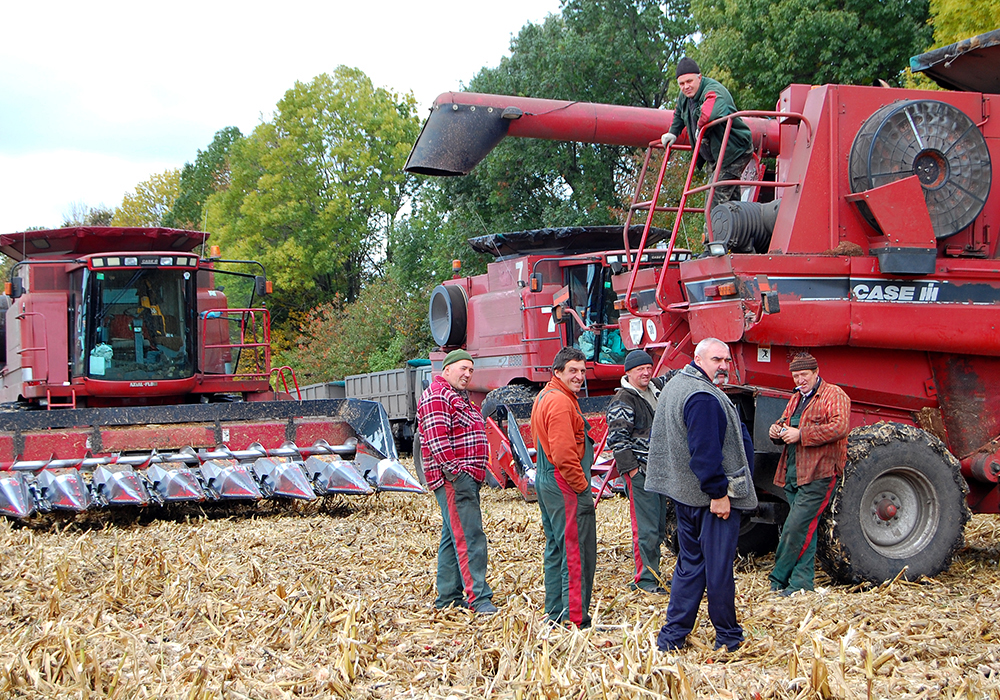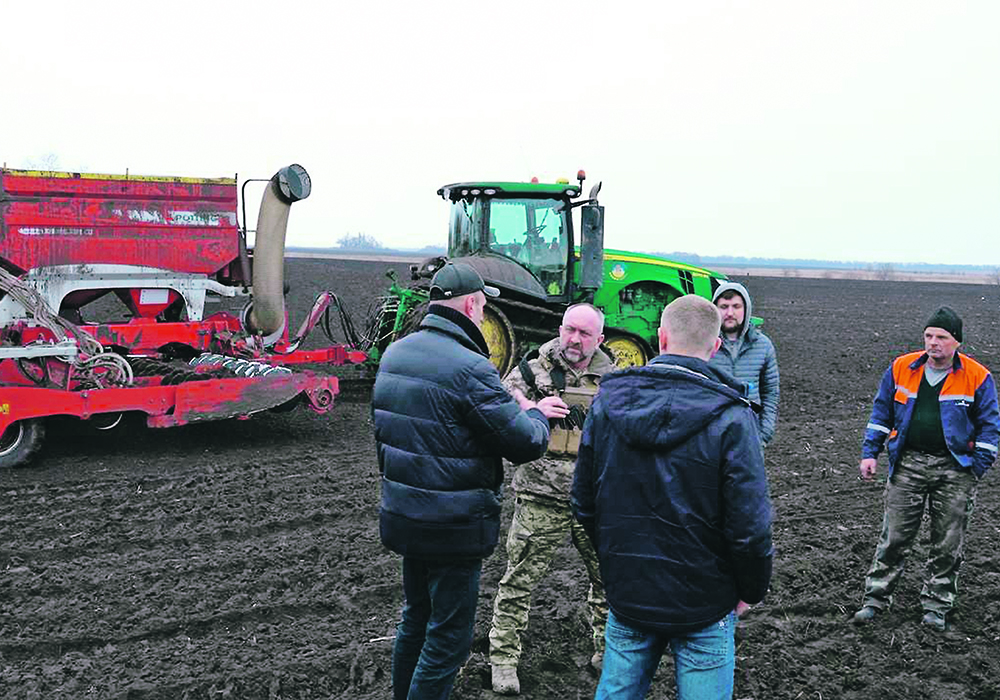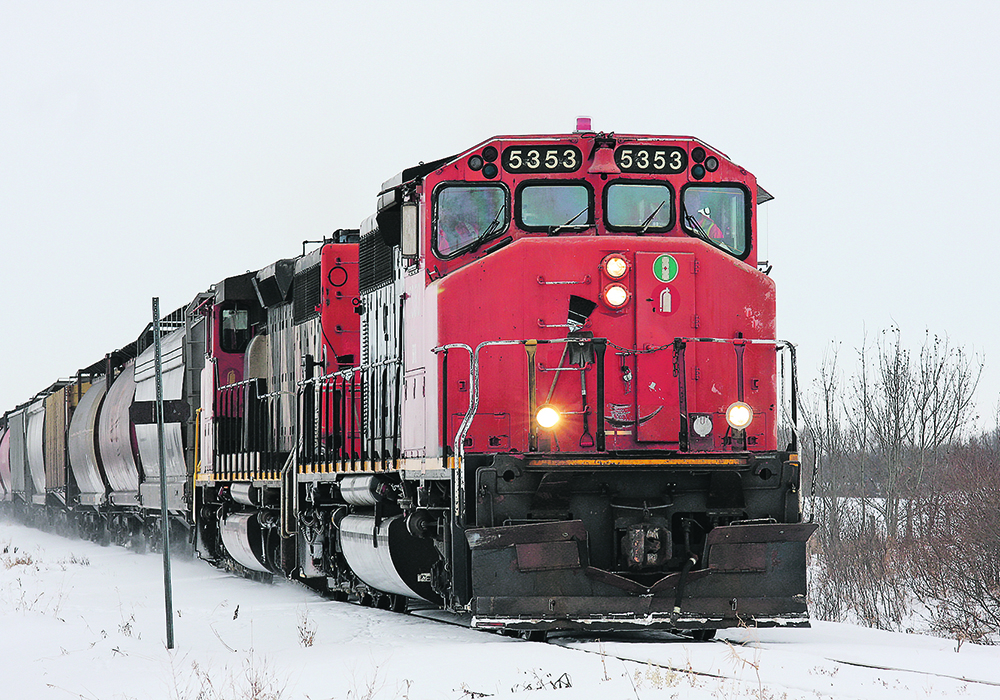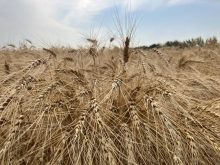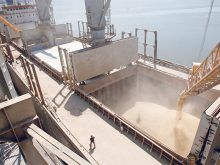It’s been more than a year since Russia invaded Ukraine, and The Western Producer continues to cover the implications for prairie growers.
This mainly takes the form of markets stories as Ukraine’s difficulties growing crops and marketing them to the world play a role in commodity prices.
However, the invasion isn’t just about numbers: acres seeded, grain exported and price fluctuations. There is also a very human element to this tragedy, and we have tried to touch on that from time to time.
Read Also

High prices see cow-calf producers rushing to incorporate
Farm accountants are reporting a steady stream of cow-calf producers rushing to get their operations incorporated ahead of selling their calves this fall.
The paper has published stories about fundraisers for the war effort and prairie residents opening their rural communities to Ukrainian refugees. However, we also decided early on that Canadian producers would be interested in how their Ukrainian counterparts were trying to continue farming in a time of war. We figured the large number of prairie farmers whose ancestors originally came from Ukraine would enhance this interest.
Playing a major role in this effort has been Ihor Pavliuk, a Ukrainian journalist working in Ukraine. He has been filing stories since last year about how Ukrainian farmers are coping as the Russian invasion continues.
Some of Ihor Pavliuk’s stories:
- Ukraine: protect the living, honour the dead
- Life has changed for Ukrainian farmer coping with war
- War in Ukraine spans farm fields to battlefields
- New rural economy emerges in war-torn Ukraine
- Ukrainian farmers will seed crop in war zone
His most recent story can be found on pages 14-15 of the June 1 issue as seeding once again starts in Ukraine amidst the comforting rituals of Easter and the continuing turmoil of war. It’s a reminder that there are real people at the heart of this crisis.
As I’ve read Pavliuk’s stories over the last year, I simply assumed that he, like many other Europeans, had developed an impressive grasp of the English language.
So it came as a surprise recently to learn that Pavliuk doesn’t write his stories in English. Instead, he writes them in Ukrainian and runs them through a translator program, which converts them into English. He then gets a friend to go over them to make sure everything reads OK before sending them on to my Glacier FarmMedia cousins, where they receive one more edit.
Gord Gilmour, GFM’s senior editor for news and national affairs, sometimes asks a Canadian-born Ukrainian-speaking friend for help when he is stumped by an idiom that just doesn’t translate.
By the time the stories get to me, one would never know they had originally been written in Ukrainian.
Wonders never cease to amaze.

